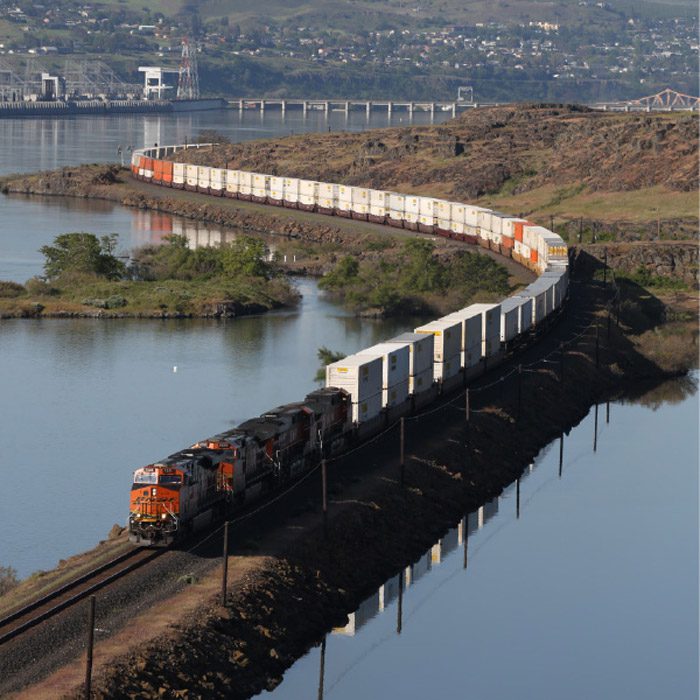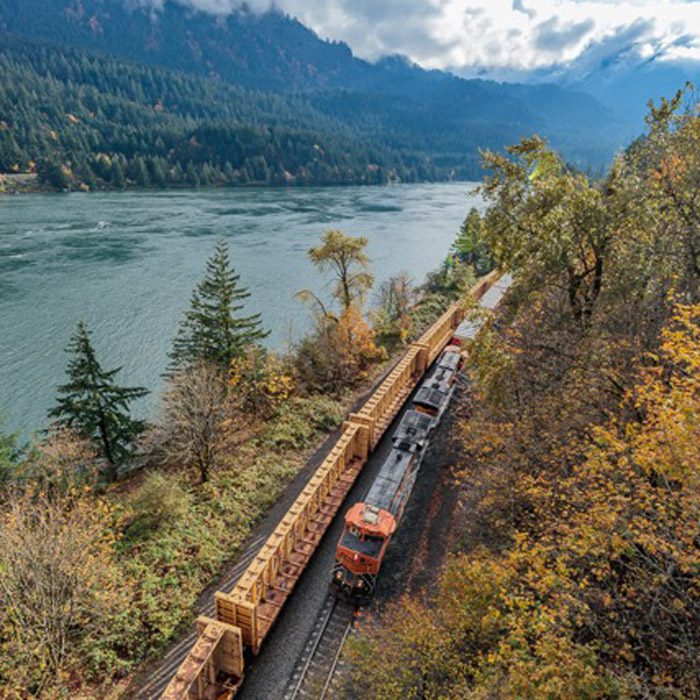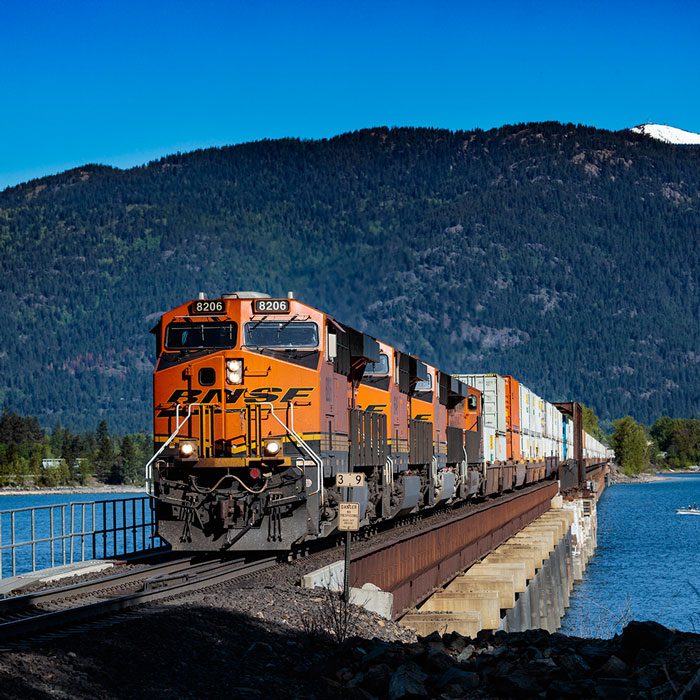Washington State’s transportation system has been the foundation of the state’s economy from the early days continuing into the modern era. The Evergreen State is fortunate to have assets that provide a competitive advantage over other areas of the country: natural deep water ports, one of the largest river systems in North America, a leading freight rail network and two intersecting interstate highways that provide access to the rest of the country.
Industrial lands are key to Washington State’s strong and diverse economy. They help provide family-wage jobs and allow for the delivery of goods and services we all depend on daily. These services and jobs are intrinsically tied to industrial lands, and to guarantee Washington goods can get to market, it’s crucial that industrial lands be preserved. Ports and railroads can’t relocate their operations; they either succeed or fail, taking jobs in the process.
To learn more about the importance of industrial land preservation, read an op-ed published in The Lens by BNSF’s Andrew Johnson and Bruce Agnew. Johnson is BNSF’s Vice President of Community Affairs; Agnew is the Director of Cascadia Center and the ACES NW Network.




